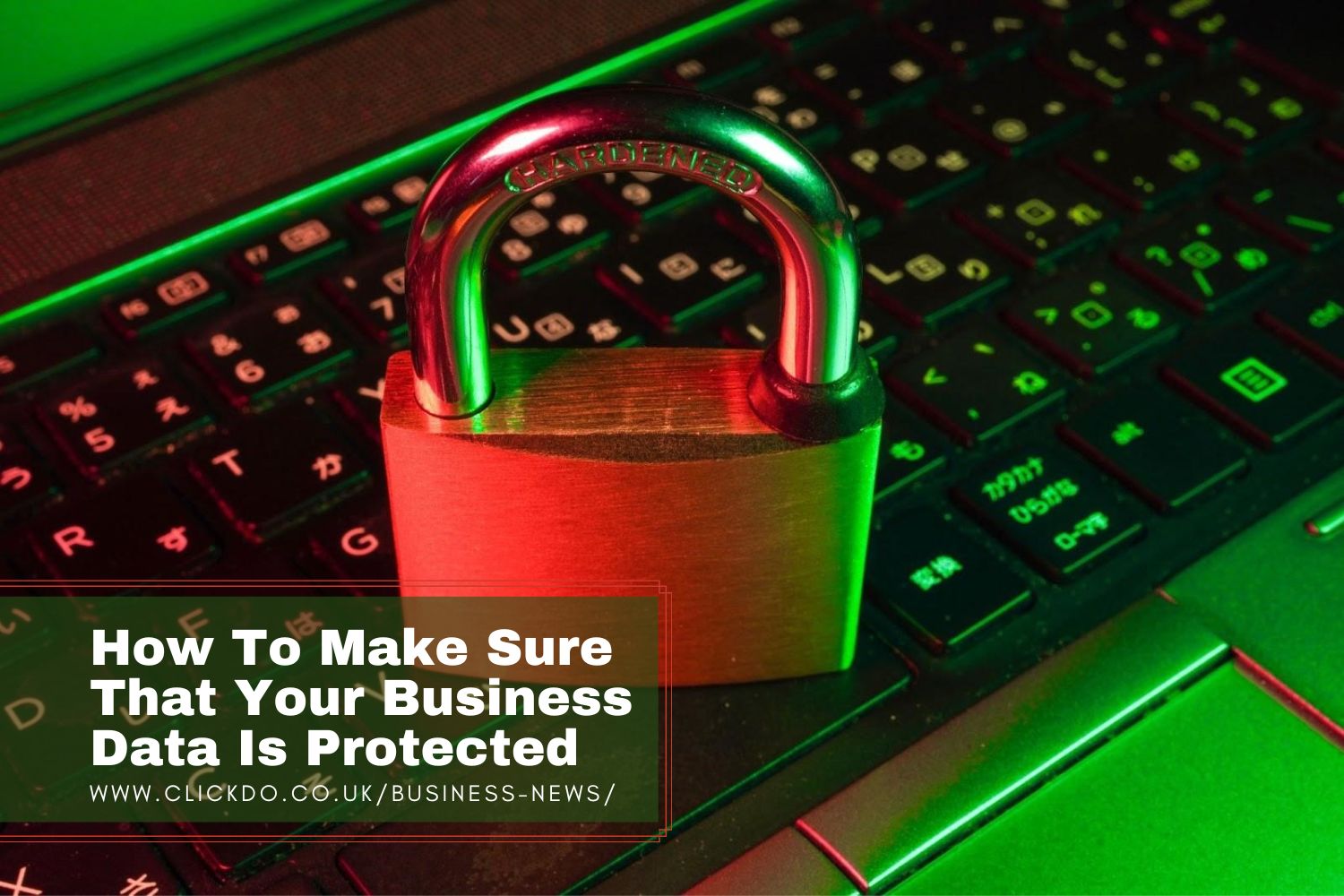
How To Make Sure That Your Business Data Is Protected
Table of Contents
With so much of our life occurring online, it is vital that we take cybersecurity seriously.
The digital age has encouraged people to put their personal and work projects, as well as all sorts of personal details and records, on local and cloud networks. It is good practice to have cybersecurity on our personal computers, but it is an absolute necessity to have your business data secure and protected.
Everything your business does runs through networks and software, so keeping it safe can be tricky without the right tools and business technologies. Your business data is not only valuable to you. Your data is often comprised of the personal details and information of customers and employees and if this is not protected you will not be the only one suffering the consequences of a cyber-attack.
Here’s how to make sure that your business data is protected.
1. Encryption

An unfortunate reality is that sometimes, even those who take security seriously could still fall victim to a cyberattack. A hacker might gain access through a phishing email attachment that an unsuspecting employee opens. This could be devastating, but if you make use of additional precautions like encryption, they won’t be able to read your data. Encryption is the best second defence against a hacker. It helps alleviate big data security issues because, without an encryption key, the data is absolute gibberish. It will mean absolutely nothing to anyone trying to read it and with millions of possible solutions to what the encryption key could be, they are near impossible to decipher.
2. Scan All New Devices
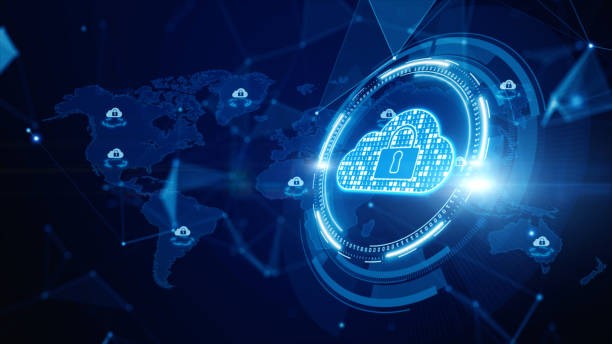
With personal computers and devices being increasingly portable these days, there has been a massive movement to let employees use their own devices in the workplace. This brings with it the risk of all sorts of technological issues. Months of investing in cybersecurity only to have an employee infect the system with malware accidentally could be devastating. By restricting access and requiring employees to run a malware scan before connecting their devices to the network, you can eliminate this issue before it becomes a problem. If a device has malware, your IT team (in-house, or virtual), can sort the issue out and prevent further issues to that employee’s device.
3. Update Regularly
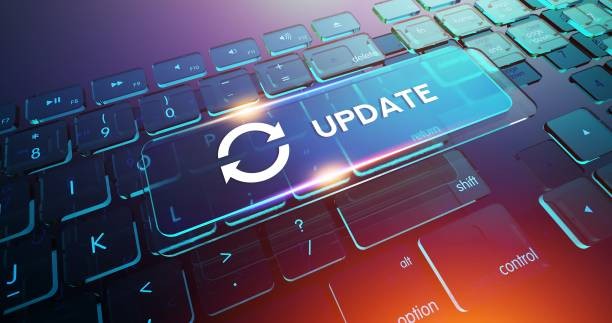
The best way to keep your system healthy and avoid vulnerabilities is by performing regular updates. Software developers are constantly updating programs to fix bugs and any flaws they might identify. A great way to ensure that your system is up to date is to set automatic updates to happen overnight. This means that you don’t have to constantly keep an eye out for updates and manually tell your devices when to do them. This helps sort out all sorts of issues and can even improve security.
4. Whitelist Wi-Fi Only
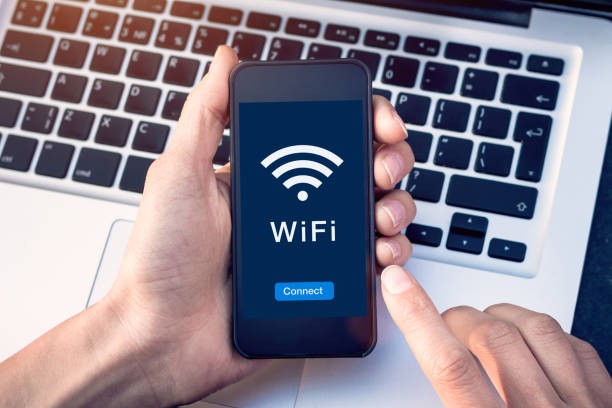
Did you know that when a device connects to your Wi-Fi network, it can connect with all the other devices on that network? This means they can see files that are shared across the network and hack into personal devices. For this reason, you obviously don’t want just anyone to be able to connect to your company’s Wi-Fi. Password protection is great, but when all your staff knows what it is, it isn’t exactly secret and could easily get out to anyone.
The best way to keep your Wi-Fi secure is by having everyone who connects a device to it be approved, one at a time. What we mean is, that every new device is submitted to the IT department, scanned, and then the Wi-Fi code is imputed without giving it to employees personally. Yes, this is time-consuming, but at the end of the day, it not only protects your system from hackers but also prevents infected devices from connecting to the network.
5. Public Wi-Fi
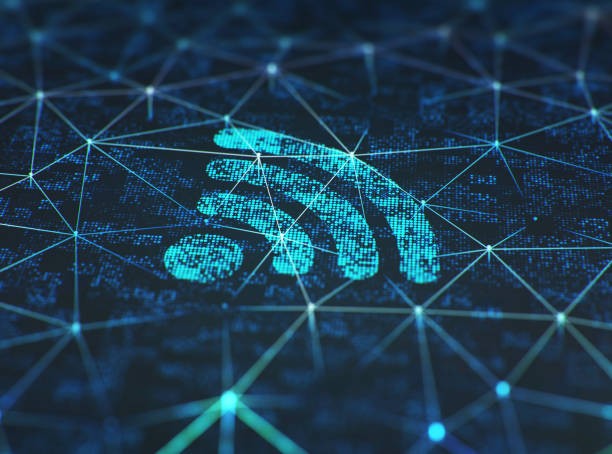
These days, people love free Wi-Fi and expect public networks to be accessible everywhere they go. Public Wi-Fi means that it is open to everyone and is not password protected. If you have a hybrid working method and allow your employees to work anywhere, it is very likely that they will work from a coffee shop and use public Wi-Fi. As we explained in the previous point, hackers can access personal information through Wi-Fi. It is important that you educate your employees about the dangers of using public Wi-Fi and not having sufficient cyber protection.
6. Passwords
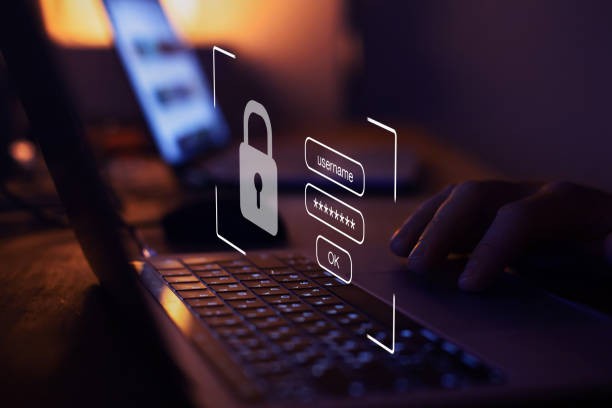
Passwords are the biggest threat to your security. There is an ongoing debate about which sort of password is more effective – long-phrase, or mixed-character passwords – but it is agreed by everyone that the way you store your passwords is just as important as a strong one. Do not, under any circumstances, keep your password written down and stuck to your screen, or on your desk. Absolutely anyone can access it this way.
The same goes for storing passwords on your browser. It’s incredibly convenient, but if someone gets into your browser profile, they have access to ALL your passwords. This means they can access all of your company website, and business accounts, including banking, which could be devastating. Consider using something like Microsoft’s secure password manager vault to store all your passwords.
7. Limit File Sharing
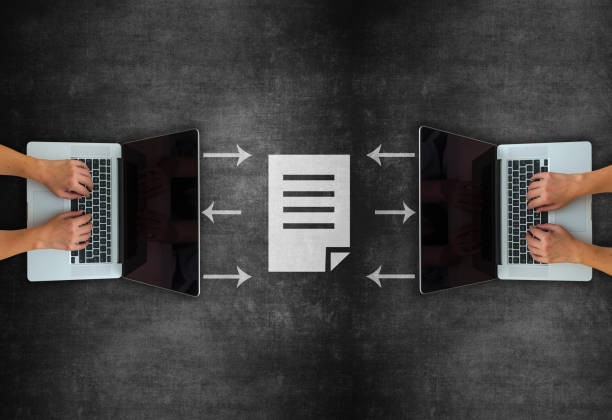
The more devices you have on your network, the more vulnerable it becomes. While file sharing is important for collaborative work if someone hacks into the system, it’ll make it incredibly easy for them to access what they need. We aren’t saying stop file sharing. We are aware of how important it is in the modern business world. We are saying, limit who has access. Make it so that people need to ask permission before they can access certain files. This takes a bit longer but ensures that data is better protected. You can also limit who gains access based on their device if this is more convenient for you.
8. Clear Out Old Data
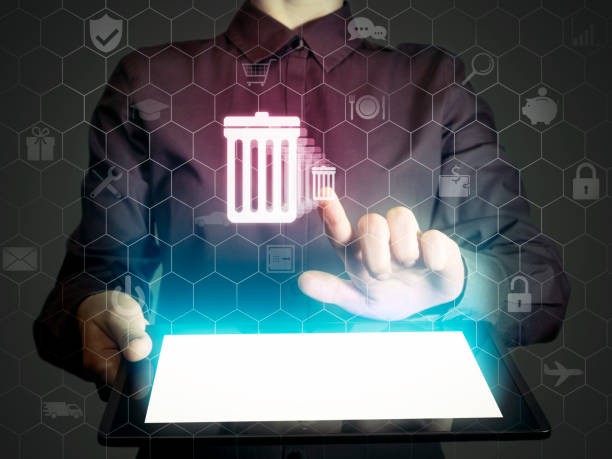
Your business is constantly gathering and storing data to improve products and services, as well as all sorts of business operations. It is easy for old information to become lost in a file somewhere where it just takes up space, slowing down the network, or for you to just lose track of how much data you have stored, backed up, and archived. This is why it is important to do an annual data audit where old irrelevant data is cleared out to free up space for the new. If you want to keep data, be sure to remove personal, identifying information. This protects people in the case your records get hacked and limits the amount of damage that can be done.
9. Wipe Data Before Selling Equipment
If you are wanting to update your hardware and sell the old stuff, you need to make sure that you do a thorough wipe of your old equipment. If you do not, you are effectively handing all of your business data over to whoever buys it from you.
10. Network Monitoring
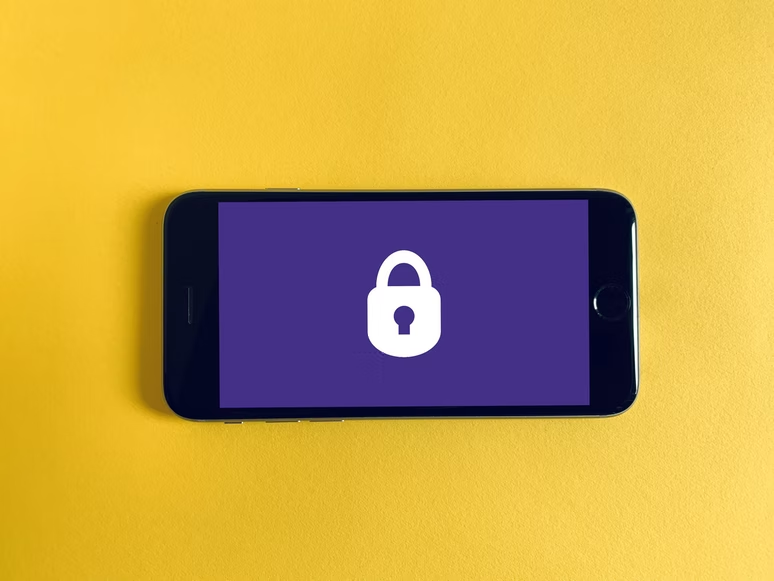
Network monitoring is a great way to combat malware, even after it has infiltrated your system and is hiding somewhere. This software monitors everything and can spot suspicious activity on your network.
Final Thoughts
It’s important that you take your company’s cybersecurity seriously. If you do not, you will leave yourself, your employees, and your customers open to all sorts of cyber threats and leaks of personal information. Invest in good cybersecurity practices to ensure that your business is safe.

